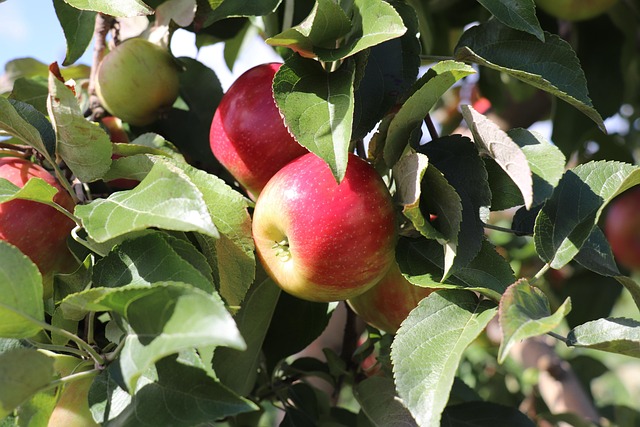
Folk Traditions: An Overview
Folk traditions represent a rich tapestry of cultural expressions that are passed down through generations. These traditions encompass a variety of forms, including oral narratives, rituals, and material culture. Understanding folk traditions is essential for appreciating the diversity and depth of human culture.
What is Folklore?
The term folklore combines the words "folk" and "lore," and was coined by William Thoms in 1846. It refers to the body of expressive culture shared by a particular group, which can include myths, legends, proverbs, and jokes. Folklore is not limited to verbal expressions; it also includes material aspects such as traditional crafts and architectural styles.
Forms of Folk Traditions
Folk traditions can be categorized into several forms:
- Oral Traditions: These include stories, songs, and proverbs that are shared verbally. They often convey moral lessons or cultural values.
- Rituals and Ceremonies: Many cultures have specific rituals that mark important life events, such as births, marriages, and deaths. These rituals often involve community participation.
- Material Culture: This encompasses the physical objects created by a culture, such as clothing, tools, and art. These artifacts reflect the values and beliefs of the community.
- Performing Arts: Dance, music, and theater are vital components of folk traditions. They often serve as a means of storytelling and cultural expression.
Transmission of Folk Traditions
Folk traditions are typically transmitted informally, rather than through formal education. This transmission occurs through personal interactions, where individuals learn from one another. For example, a grandmother may teach her grandchild a traditional song or a craft technique. This informal method of sharing ensures that traditions remain dynamic and adaptable to changing contexts.
The Importance of Folk Traditions
Folk traditions play a crucial role in maintaining cultural identity. They provide a sense of belonging and continuity within a community. Additionally, these traditions can foster social cohesion, as shared practices often bring people together. In a rapidly globalizing world, folk traditions serve as a reminder of local heritage and diversity.
Challenges Facing Folk Traditions
Despite their importance, folk traditions face several challenges. Globalization and modernization can lead to the erosion of traditional practices as younger generations may gravitate towards more contemporary forms of expression. Additionally, the commodification of culture can dilute the authenticity of folk traditions, as they may be adapted for commercial purposes.
Preserving Folk Traditions
Efforts to preserve folk traditions are essential in maintaining cultural diversity. Various organizations and communities work to document and promote these traditions. This can include recording oral histories, organizing cultural festivals, and supporting traditional artisans. Education also plays a vital role, as teaching younger generations about their cultural heritage can help ensure the continuation of these practices.
Conclusion
Folk traditions are a vital aspect of cultural heritage, encompassing a wide range of expressive forms. They provide insight into the values and beliefs of different communities and contribute to a sense of identity. Understanding and preserving these traditions is crucial in a world that is constantly changing.

















 Creative Expressions Needham
Creative Expressions Needham 
 Health
Health  Fitness
Fitness  Lifestyle
Lifestyle  Tech
Tech  Travel
Travel  Food
Food  Education
Education  Parenting
Parenting  Career & Work
Career & Work  Hobbies
Hobbies  Wellness
Wellness  Beauty
Beauty  Cars
Cars  Art
Art  Science
Science  Culture
Culture  Books
Books  Music
Music  Movies
Movies  Gaming
Gaming  Sports
Sports  Nature
Nature  Home & Garden
Home & Garden  Business & Finance
Business & Finance  Relationships
Relationships  Pets
Pets  Shopping
Shopping  Mindset & Inspiration
Mindset & Inspiration  Environment
Environment  Gadgets
Gadgets  Politics
Politics 